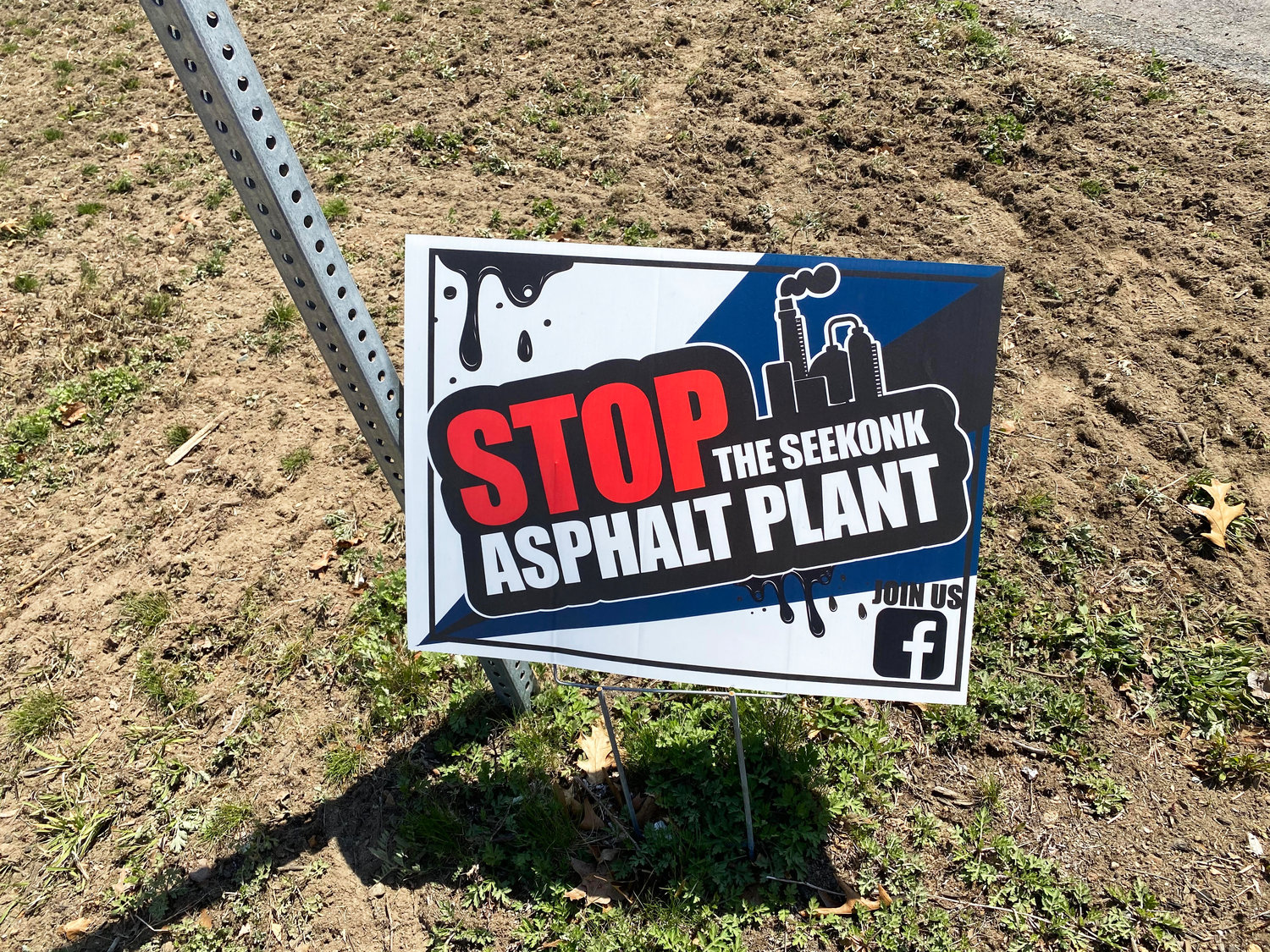Seekonk Board of Health votes to reject asphalt plant
A small success story on the eve of Earth Day, driven by citizen activists
SEEKONK, Mass. – Local community activists have launched an effort to halt plans to build an asphalt plant at 45 Industrial Court, located off of Route 6, near the Seekonk Speedway. The group, “Stop the Seekonk Asphalt Plant,” has attracted nearly 2,000 members on its public Facebook page in opposition to the asphalt plant, proposed by International Paving Company, based in West Warwick, R.I.
At a virtual Seekonk Board of Health meeting held on Wednesday, April 21, after hearing testimony opposing the facility by numerous residents, a decision was made by the board to label the project as a “noisome trade” and prohibit its operation in Seekonk, according to a Facebook post by Hay Lee Gee following the meeting.
Lee Gee expressed worries that the decision may not be “binding” and that the company behind the asphalt plant will probably appeal.
A history lesson
One of the legacies of Earth Day, organized by the environmental group that became known as Environmental Action, is that they decided to translate their concerns into political activism, leading a campaign that became known as “The Dirty Dozen,” attempting to unseat members of Congress who were deemed the most egregious in their support of polluters.
Taking everyone by surprise, Environmental Action emerged victorious in November of 1970, defeating seven out of 12 members of the Dirty Dozen. The political strategies that began as an improvisation by Environmental Action, focused on the ballot box, were soon adapted and adopted by other environmental activists.
Among the more successful lobbying efforts undertaken by Environmental Action was support in creation of the first Superfund Law in 1980 and efforts to ban “phantom taxes” from being collected by utilities.
The organization folded its tent in 1997, unable to sustain itself after 27 years.






